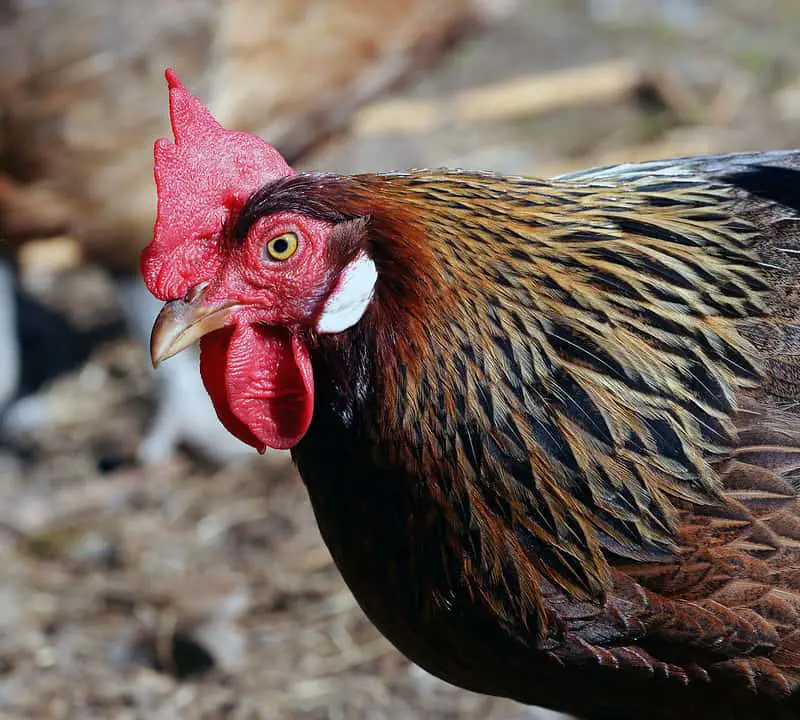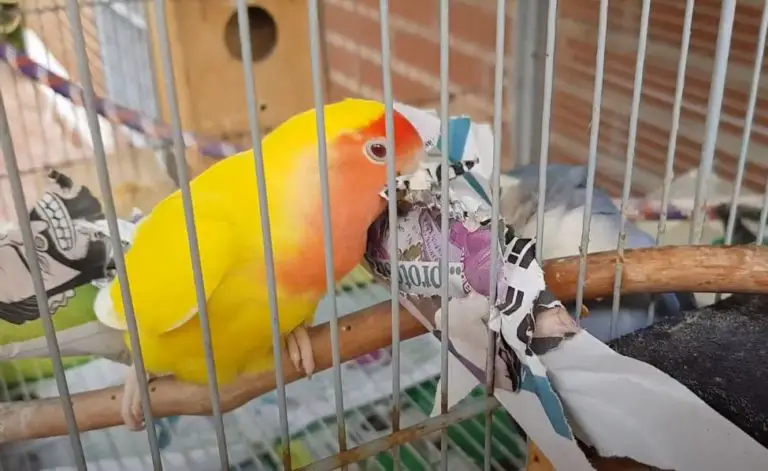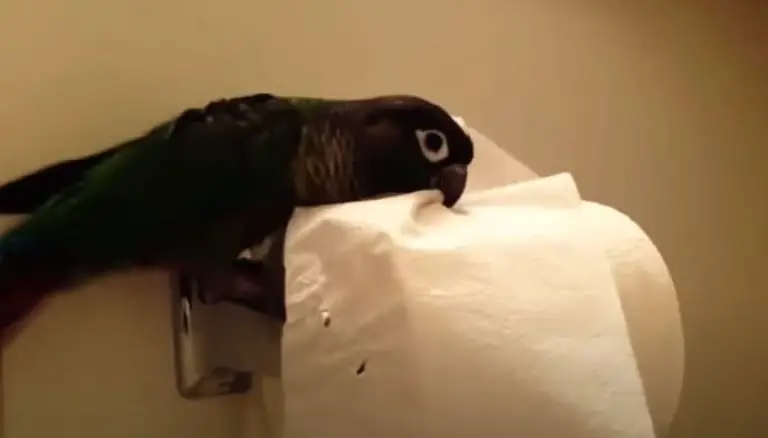Can Chickens Drink Distilled Water? (Solved)

Can chickens drink distilled water?
The truth is that for people who have to deal in the poultry farms, they manage with the water they have available to generate the best possible conditions for the production of their animals.
But the high levels of water pollution and relatively high levels of organic matter in the water create some concern and are a reason for people to think about other water solutions for chickens, which may not be the most affordable, but are safer.
Apart from this, chlorine and aluminum can also be found in significant amounts in tap water.
It is essential to consider the importance of the quality of the water for the good development of the flock, and in extensive farms, it can also impact the durability and operation of the equipment of water supply by the accumulation of salts and other heavy substances that accumulate in the lines, pipes or equipment.
This raises the question of whether chickens can drink distilled water, and in fact, chickens can drink distilled water which is totally pure, free of viruses and bacteria, it’s practically like rainwater. But there is also more doubt about distilled water, as it is often mentioned that it could demineralize those who drink it frequently.
Is there a possibility that distilled water will demineralize chickens or affect them in any way? Let’s find out…
What is distilled water?
Distillation is a process that involves the separation of two or more substances through evaporation and then condensation, in the case of water is a process identical to rain. The water is heated and transformed into steam, which removes almost all chemicals, impurities, heavy metals and inorganic minerals. All bacteria and viruses are eliminated.
The water then is condensed, and only pure and distilled water is left. The very weakly mineralized nature of this water means that its electrical conductivity is almost zero.
It is important to mention that the water is not only filtered as in most water treatment solutions. During the distillation process the pollutants not only are removed but also completely eliminated.
Does distilled water demineralize chicken?
It is a very common phrase when it is said that drinking mineralized water is necessary to fill up with calcium, magnesium, etc. And therefore this may seem indispensable to a chicken when it drinks water.
What if all this was just a marketing story? Bottled water brands often compete for the mineralization of their water. In fact, in mineral water, the minerals are inorganic and therefore stored in the body. They cannot be assimilated, even by chickens.
As for possible saline imbalances or anaemia from drinking the distilled water, these should also occur when drinking bottled spring water and do not occur. The reason is that humans and animals do not get the minerals from water, but from food, whether it is magnesium, calcium, potassium, iron, etc.
Therefore, a chicken will not be affected by anemia or salt imbalance when drinking distilled water.
Could the acidity of distilled water harm the chickens?
Apart from the theory that distilled water can cause anemia and ionic imbalances. Another opinion about distilled water is that it is harmful to consumption due to its degree of acidity.
Distilled water is actually acidic, the reason being that as it is neutral from an ionic point of view, it allows for a greater dissolution of CO2 in it, which makes it more acidic than ordinary tap water. In fact, in distilled water, the pH is reduced to approximately 5.4, which is also not an excessively acidic value, and much less corrosive for the esophagus of chickens.
The average pH value of a chicken’s blood is 7.5, which is a much more alkaline trend, with this value the acidity of the distilled water is neutralized,
In addition, the chicken’s digestive system also contains hydrochloric acid and other substances with pH values of 3 or less, which are highly corrosive. This means that the acidity of distilled water is harmless.
The chicken in its digestive process also has bile which is an alkaline liquid that works to neutralize the acid content. The slight acidity of the distilled water will not affect the chicken at all.
Can chickens drink hard water?
If, in fact, chickens can drink “hard” water, hard water is not bad, the calcium and magnesium associated with drinking water hardness have no negative effects on a chicken’s health, nor would they have on a human being.
The problem with hard water is not a health problem. Hard water has negative economic impacts on households and industry. The accumulation of minerals in plumbing equipment and heating elements of household products affects their performance and life span.
From the operational point of view it is more important to control or neutralize the Calcium that is unstable in the form of Bicarbonate, since with the changes of temperature, this Calcium is deposited as Calcium Carbonate solids in pipes and chicken drinkers, generating serious problems of obstruction of pipes.
Can you put bleach in chicken water?
Chlorine is a well-known chemical element that is used for sterilization and disinfection of water, it is an economical and affordable solution to disinfect drinking water for chickens, chickens can drink chlorinated water but logically so that it is not harmful the percentage of chlorine in the water must be quite reduced.
According to the WHO, the concentration of free chlorine in the treated water should be between 0.2 and 0.5 mg/l. This is between two to five drops of chlorine to one liter of water.
To achieve an effective reduction or elimination of chlorine and the consequences of drinking water with chlorine, it is necessary to purchase a purifier, drinking fountain, or filter that is equipped with an activated carbon filter element. This will reduce or eliminate an optimal percentage of consumption.
Another thing to keep in mind is that chlorine applied to water may be ineffective, due to the accumulation of calcium carbonate in pipes and troughs, calcium is one of the minerals naturally found in water which can be transformed into a solid by temperature changes.
An alternative would be to replace chlorine with new generation products that keep the bicarbonate in solution.






